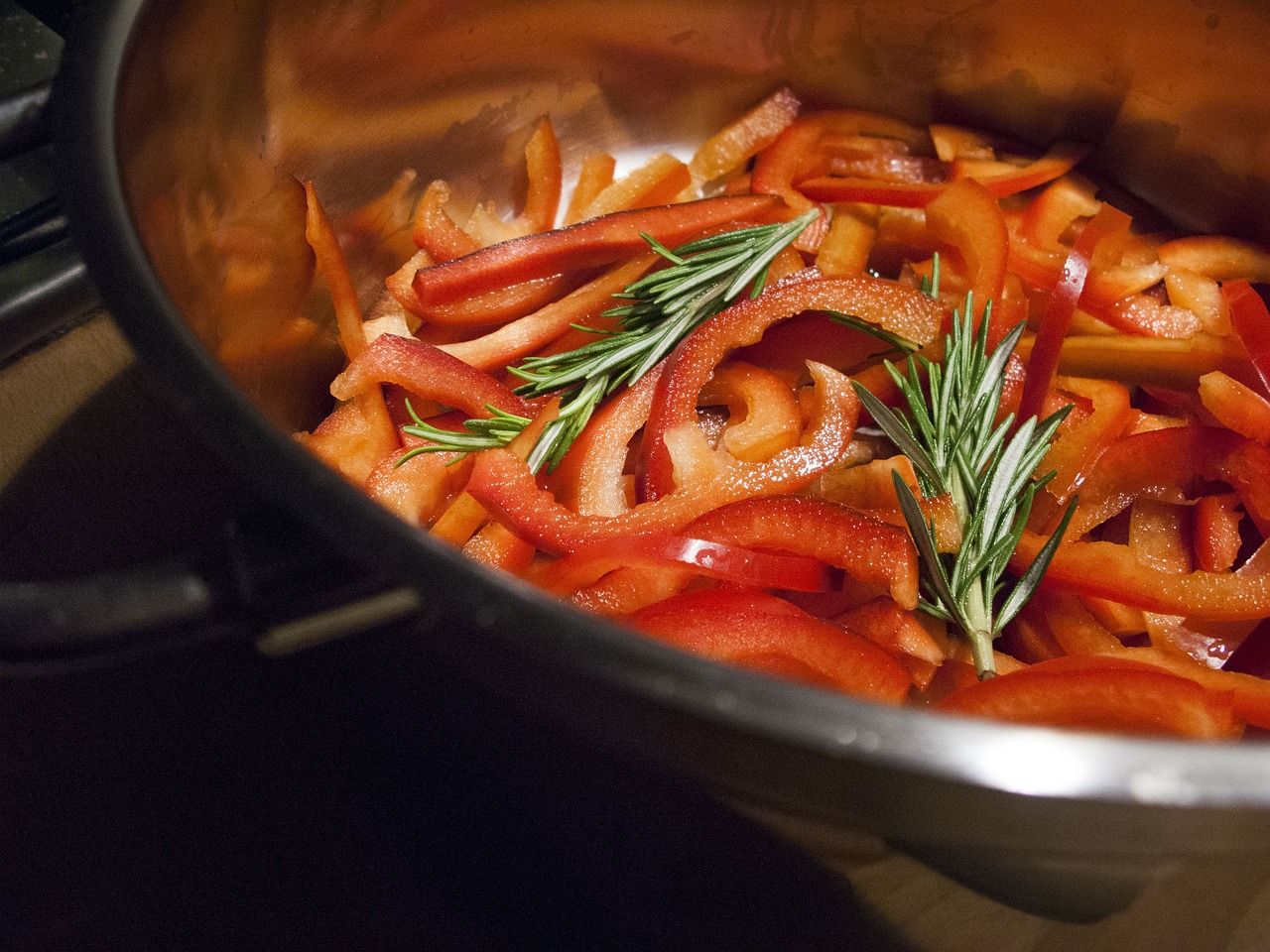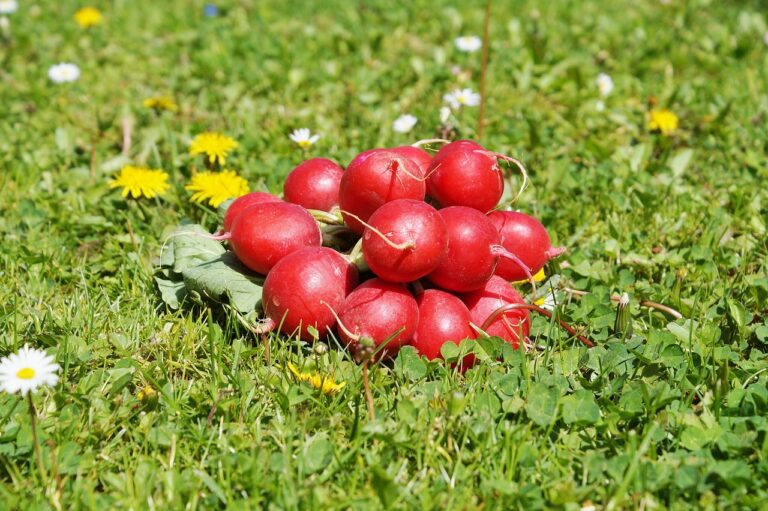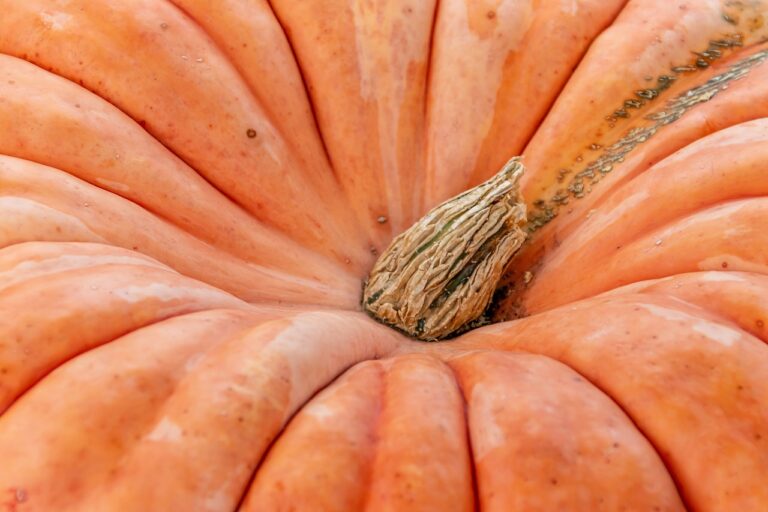The Importance of Bees in Organic Farming: Cricbet99 book, Reddy book 247, Play lotus 365 com
cricbet99 book, reddy book 247, play lotus 365 com: Bees play a crucial role in organic farming, contributing to the sustainability and productivity of agricultural systems. These small, winged creatures are responsible for pollinating flowering plants, helping them reproduce and produce fruits, vegetables, and other crops. Without bees, the food supply would be severely impacted, making their presence essential in organic farming practices.
Pollination is a vital process in plant reproduction, where the male pollen is transferred to the female stigma, leading to fertilization. Bees are one of the most effective pollinators due to their hairy bodies and foraging behavior. As they visit flowers in search of nectar and pollen, they inadvertently transfer pollen grains from one flower to another, facilitating the fertilization process. This results in the production of seeds and fruits, ensuring the continued growth and propagation of plant species.
In organic farming, where synthetic pesticides and fertilizers are avoided, bees play an even more critical role. Organic farmers rely on natural processes to maintain soil fertility, pest control, and crop productivity. By encouraging biodiversity and supporting pollinators like bees, organic farming practices promote the health of ecosystems and reduce the reliance on chemical inputs.
Here are some key reasons why bees are essential in organic farming:
1. Pollination: Bees are responsible for pollinating a wide variety of crops, including fruits, vegetables, herbs, and nuts. Without bees, many plants would not be able to reproduce and produce food, leading to a decline in crop yields.
2. Biodiversity: Bees are an integral part of the ecosystem, contributing to biodiversity by pollinating a diverse range of plant species. Their presence supports the health of natural habitats and helps maintain a balance in the ecosystem.
3. Soil Health: Organic farming practices focus on soil health, promoting the use of compost, cover crops, and crop rotation to nourish the soil. Bees play a role in pollinating cover crops and wild plants, contributing to soil fertility and overall soil health.
4. Pest Control: Bees are natural predators of pests, such as aphids and mites, that can damage crops. By supporting bee populations, organic farmers can reduce the incidence of pests and minimize the need for chemical interventions.
5. Crop Diversity: Bees are essential for pollinating a wide range of crops, promoting crop diversity in organic farming systems. This diversity not only enhances the nutritional value of food but also improves resilience to pests and diseases.
6. Sustainable Agriculture: Bees play a crucial role in sustainable agriculture, contributing to the long-term viability of farming systems. By supporting pollinators like bees, organic farmers can ensure the continued productivity and health of their crops.
In conclusion, bees are invaluable partners in organic farming, contributing to the sustainability and productivity of agricultural systems. By supporting bee populations and creating bee-friendly habitats, organic farmers can enhance the health of their crops and promote biodiversity in their fields.
—
FAQs
Q: How can organic farmers support bee populations on their farms?
A: Organic farmers can support bee populations by planting bee-friendly flowers, providing nesting sites for bees, avoiding the use of pesticides harmful to bees, and creating diverse habitats that support pollinators.
Q: Are there specific bee species that are more effective pollinators?
A: Different bee species have varying degrees of effectiveness as pollinators, depending on their foraging behavior and habitat preferences. Some of the most efficient pollinators include honeybees, bumblebees, and solitary bees.
Q: What are some common threats to bee populations in organic farming systems?
A: Common threats to bee populations in organic farming systems include habitat loss, pesticide exposure, diseases, parasites, and climate change. Organic farmers can mitigate these threats by adopting bee-friendly practices and supporting bee conservation efforts.







